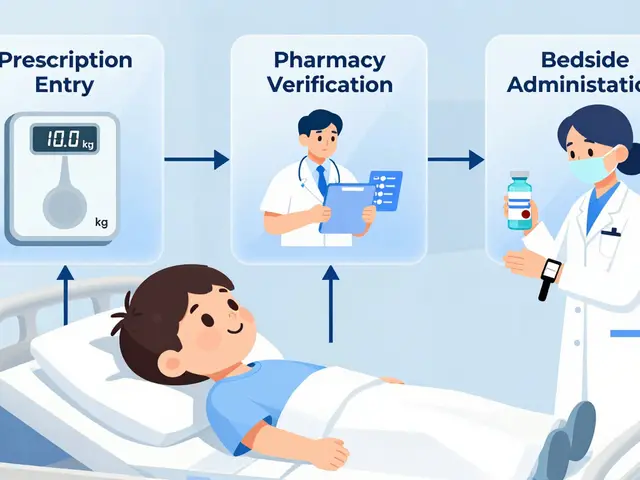Efavirenz: a practical guide for people taking HIV treatment
Efavirenz is a commonly used antiretroviral drug for HIV. It belongs to the non-nucleoside reverse transcriptase inhibitor (NNRTI) class and is usually given as part of a combination regimen. If your doctor prescribed efavirenz, you probably want clear answers: how it works, what to watch for, and simple tips to make taking it easier. This page gives short, useful info you can use right away.
How efavirenz works
Efavirenz blocks an HIV enzyme called reverse transcriptase. That keeps the virus from copying itself and helps lower the viral load in your blood. Lower viral load means better immune function and less chance of passing HIV to others. Efavirenz is usually taken once daily. Many people take it at bedtime to reduce dizziness or vivid dreams.
Common side effects and practical tips
You can expect some side effects, especially during the first few weeks. The most common are dizziness, trouble sleeping, vivid dreams, and mood changes. Headache, nausea, and rash are also possible. Most side effects improve after a month or two, but mood changes and severe depression need quick medical attention. If you feel suicidal or experience severe confusion, stop the drug only after talking to a provider or going to urgent care.
Tip: take efavirenz at night on an empty stomach to lower the chance of nausea and vivid dreams. Avoid heavy alcohol when you start treatment; alcohol can make side effects worse. If you get a rash with fever or blistering, seek medical help right away.
Efavirenz affects liver enzymes (CYP450). That means it interacts with many drugs: some heart medicines, anticonvulsants, hormonal contraceptives, and methadone. Efavirenz can lower hormonal birth control effectiveness — use a barrier method or talk to your clinician about alternatives. If you take methadone, your dose may need adjusting. Always tell every provider and pharmacist that you take efavirenz.
Pregnancy and planning: efavirenz has been linked to birth defects in animals and used to be avoided in early pregnancy. Current guidance varies, so talk with your doctor if you are pregnant or trying to conceive. There are safe and effective HIV regimens that may be better during pregnancy.
Monitoring matters. Your doctor will check viral load and liver tests periodically. If the virus becomes resistant to efavirenz, your regimen may need to change. Never stop efavirenz suddenly without medical advice — stopping can allow the virus to rebound and develop resistance.
Buying and generics: generic efavirenz is widely available and usually cheaper than brand-name versions. Only get HIV meds from a trusted pharmacy and always use a valid prescription. If cost is a problem, ask your clinic about assistance programs or generic options.
Final practical point: stick to the schedule, report any troubling side effects, and keep all lab appointments. Efavirenz can work very well when used correctly, and these small steps make it safer and more effective for you.
Sustiva (efavirenz) is a common HIV medication. Learn about uses, side effects, dosage information, tips for taking, and important facts in this detailed article.
Continue reading...






